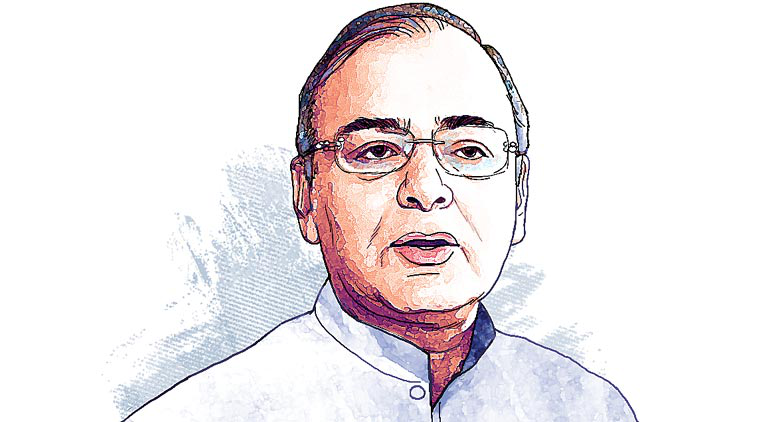What are P-Notes? After a hawala transaction, coverting loot in Indian Rupees into US Dollars, P-Notes are issued by mortgage companies of USA like Morgan Stanley. A bearer of such a note does NOT identify himself or herself.
This racket has to STOP immediately. As recommended by Justices Shah and Pasayat and as earlier recommended by Tarapore Committee of RBI, the P-Notes are the principal conduits for kaalaadhan, round-tripping the $ back into the stock markets. This is a sophisticated process called moneylaundering by SIT in their Third Report. See the Full Text of the SIT Report at http://bharatkalyan97.blogspot.com/2015/07/justices-shah-and-pasayat-sit.html
No ‘knee-jerk reaction’ will be taken on P-notes, says Finance Minister Arun Jaitley. This is a welcome assurance.
Revenue secretary Shaktikanta Das said there was no need for market participants to prejudge which way the government would decide (on the issue of P-notes).
How can FM or Rev. Secy assure that the P-Note beneficiaries are not kaalaaedhan holders or terrorist financiers? Why should a private agency of USA be allowed to issue P-Notes, a practise unique to India and NOT followed by any other sovereign state in the world?
There is one way for NaMo to decide to restitute kaalaadhan. SCRAP P-Notes as recommended in a clear roadmap by Taraport Committee. FM should ask RBI Governor to update this Tarapore Report and recommendations with immediate effect.
The nation trusts NaMo that he will fulfil the assurance to restitute kaalaadhan. P-Note scrapping will be a welcome step in starting the process of restitution of kaalaadhan.
There is ONE simple reason for scrapping P-Notes. They violate the principle of financial propriety: know your client. The beneficiary of the holders of such derivative money instruments should be unambiguously identified for a banker to exercise due diligence and safeguard the nation's security from marauding drug traffickers or terror financiers.
S. Kalyanaraman
Former Sr. Exec. Asian Development Bank, Sarasvati Research Centre.

Arun Jaitley
The government on Monday sought to comfort nervous investors saying that no “knee-jerk reaction” could be expected from the policymakers to the black money special investigation team’s (SIT) call for tighter regulation of participatory notes (P-notes), a derivative instrument that non-residents use to invest in Indian markets.
“It is too early to say what view the government would take. But it will certainly not make any a knee-jerk reaction, particularly one that can have any adverse impact on investment environment,” finance minister Arun Jaitley said, adding that the policy response would be a well-considered one.
Revenue secretary Shaktikanta Das said there was no need for market participants to prejudge which way the government would decide (on the issue of P-notes).
Fears of tighter regulation in the wake of the SIT’s suggestion that the Securities and Exchange Board of India (Sebi) should frame regulations to access the beneficial ownership details of P-notes issued by foreign portfolio investors (FPIs) to their overseas clients is seen by analysts as one of the trigger’s for Monday’s fall in market indices. The sell-off in other Asian markets too led to the decline.
The SIT led by justice MB Shah recommended better regulatory oversight saying Sebi does not have information about the ultimate beneficial owner of these transferable instruments, making it prone to be abused for round-tripping of tax-evaded funds back to India.
The investigation team also argued that the Cayman Islands, which had a population of 54,000 in 2010, accounted for 31 per cent of all inflows from offshore derivative instruments, accounting for about Rs 85,000 crore, which appeared inconceivable. Sebi regulations stipulate that P-notes cannot be issued to resident or non-resident Indians. As per the current framework, FPIs issuing P-notes ought to be regulated by the appropriate regulator on their home soil subject to ‘know your client’ norms. They are also needed to submit subscriber information to Sebi.